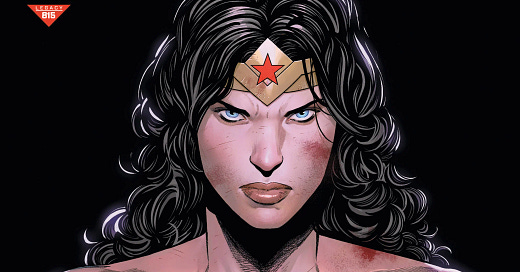As the country descends deeper and deeper into an anti-literary abyss, artists like myself continue—under increasing fire—to write in the traditions of resistance, love, truth, and healing. Your paid subscriptions help me to keep doing so. If you value what you read in Witness, please click…
Keep reading with a 7-day free trial
Subscribe to Witness to keep reading this post and get 7 days of free access to the full post archives.




